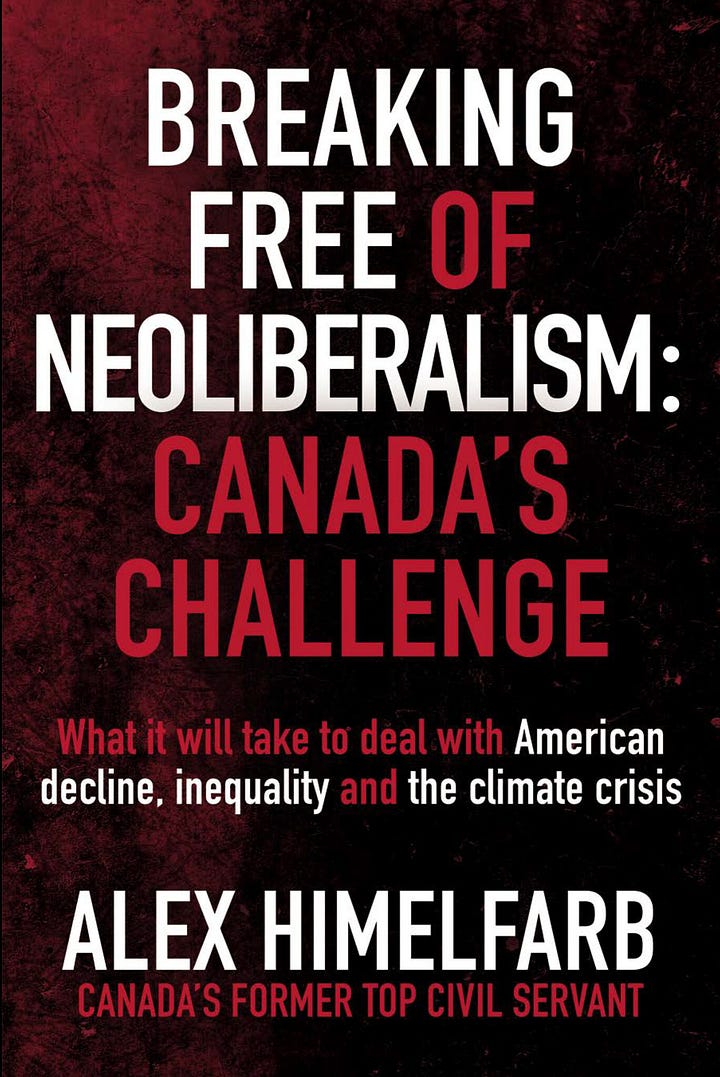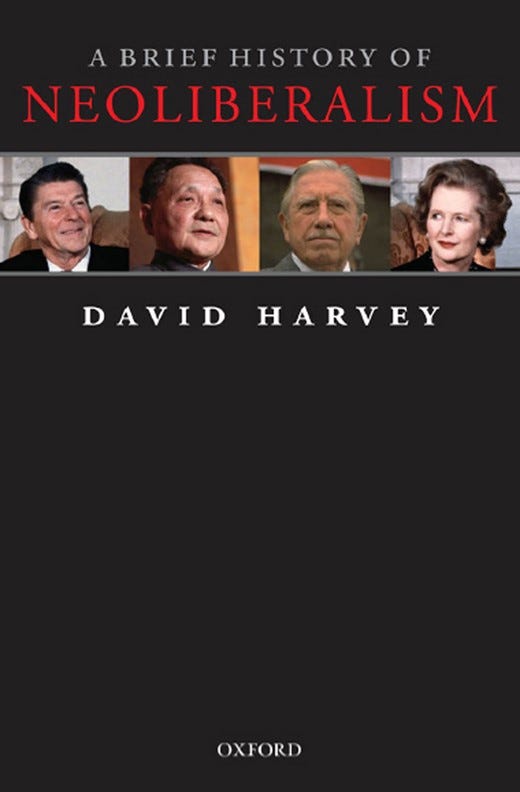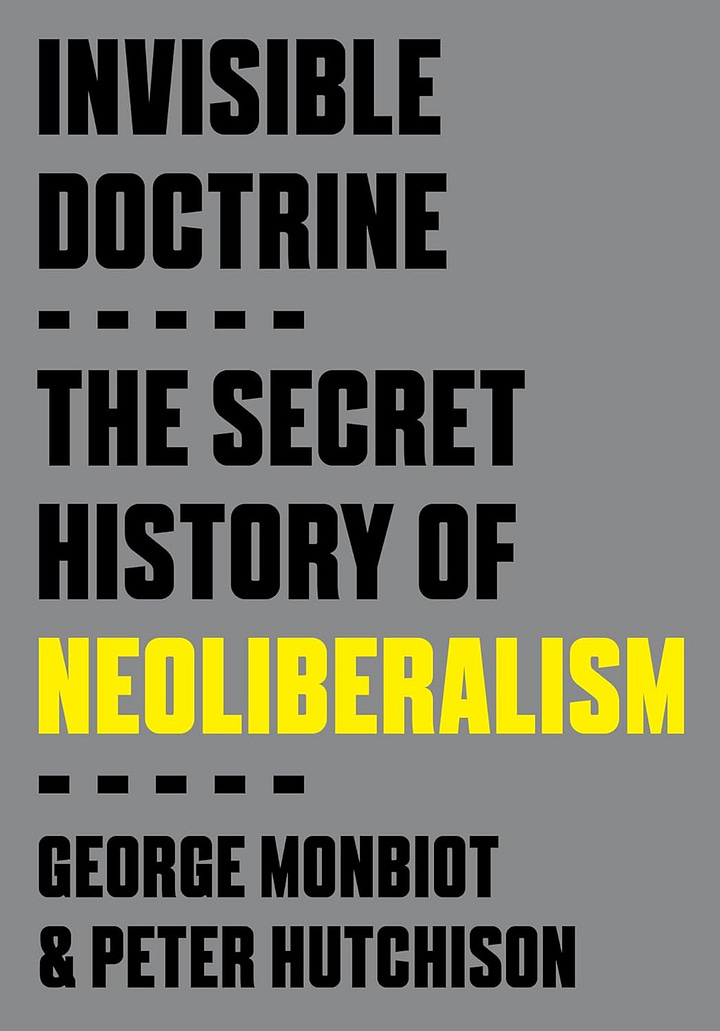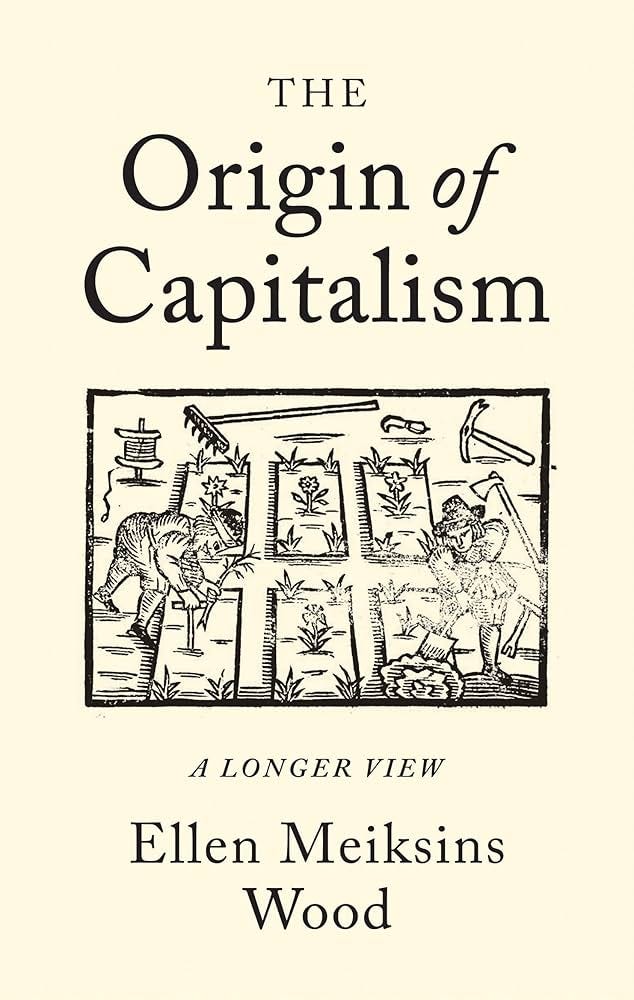A Fitting End to 2024: Four Books to Read If You Want to Understand Neoliberalism
Happy holidays! What a way to go.




This is my last post for 2024. I’m off next week, returning just after the new year. So you’ll have something in your inbox on January 2nd.
I want to start this final post of the year with a deep thank you for reading and supporting my work. This newsletter has become a core part of my life as a freelance journalist and you’ve made that possible. Thank you, truly.
Now, about neoliberalism. I think it’s important to think about and discuss the philosophy of deregulation and free markets because it dominates western politics and understanding it is essential to understanding where we are, why we’re here, who’s benefited from the paradigm, who hasn’t, and what its persistence implies for where we might be headed.
I’m not going to do a deep dive into the philosophy, understandings, and misunderstandings of neoliberalism here, though. Instead, I want to continue my book themed posts in December and suggest a few reads that do a great job of explaining and critiquing neoliberalism — starting with an encyclopedia.
Okay, stay with me. The Stanford Encyclopedia of Philosophy has a comprehensive entry on neoliberalism that’s a bit jargon-y, but worth a read if you want a reliable introduction to the philosophy. It’s a solid primer. And it’s reliable. Plus, it’s online and it’s free.
In the Canadian context, I cannot recommend enough Alex Himelfarb’s excellent new release Breaking Free of Neoliberalism: Canada’s Challenge. For one, the book is a comprehensive and astute critical assessment of neoliberalism in Canada and around the world. If you want to understand why Canada is the way it is today, you’ll want to read this book. For another, it comes with suggestions for alternatives to neoliberalism grounded in big shifts that seem, believe it or not, realizable.
I interviewed Alex in September on the occasion of the book release, so if you’re looking to dig in right away, that’s also available — online and free. But one way or another, you should read this book.
If you want more on the history of neoliberalism, and its intellectual and political origins and framework, you can’t do better than David Harvey’s A Brief History of Neoliberalism. Harvey is a master, and this short book packs a tonne into a manageable page count. Harvey also offers a vision of alternatives to neoliberalism. But the book is closer to an academic text than a pop read, which means it’s a bit less accessible than others. Still, it’s worth putting in the work and reading it once you’re comfortable with the countours of neoliberalism.
George Monbiot and Peter Hutchison have their own new release on neoliberalism, and it’s another winner. Invisible Doctrine: The Secret History of Neoliberalism is, you guessed it, a history of neoliberalism. It’s very accesible, written for a mass audience, and it takes on the idea that neoliberalism is natural or inevitable (it is neither).
Monbiot and Hutchison take seriously the idea of power and place in society, and in turn they explain how neoliberalism has been a project that powerful organizations and individauls have taken up in order to serve the interests of, you guessed it again, powerful organizations and individuals.
Finally, and I’m cheating a little bit here, you may want to check out the late Ellen Meiksins Wood’s The Orign of Capitalism: A Longer View. I don’t recall Wood mentioning neoliberalism in the book, nor is the term listed in the index, but her scholarly work on capitalism and its relationship to agrarianism, imperialism, and the nation state is essential reading. Moreover, it helps us understand neoliberalism by way of exploring the origins of capitalism, of which it is a mutation.


Have you read Nora Loreto's latest Canada in Decline: The Social Safety Net? It's the start of a larger series she's doing that basically tries to ask what's gone wrong and how did we get here.
Thanks for this list. I'm just catching-up on a lot of reading. Personally, I follow about 7? economists to get a more thorough understanding of how theory sets a direction. There is little doubt applied economics is the strongest thread running through this tapestry we refer to as 'life'. It would seem, the woes of today - at least in the 'first' world - have everything to do with the current applied economic theories (neoliberalism/neoclasssical). The majority of citizens are suffering some level of economic distress yet it seems more politically expedient to 'blame' rather than analyze, draft policy and solve. Of course there is vested interest in continuing to support the current economics as wealth buys power and its typically the wealthy in power.
What will 2025 bring?